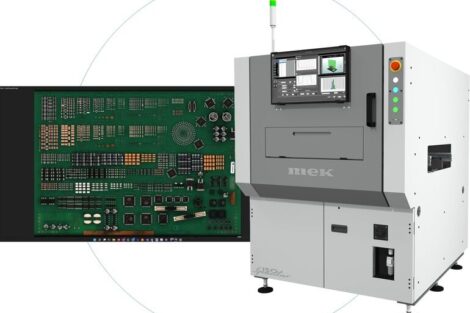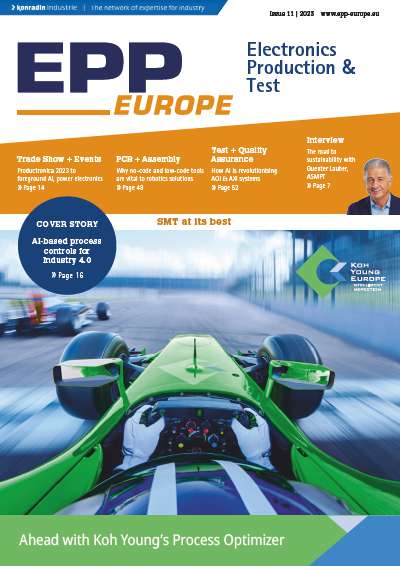IMEC, the Belgian Inter University Micro Electronics Center, was established in 1984 on the outskirts of Leuven as a spin-off of the town’s university, aiming to perform scientific research which will run 3 to 10 years ahead of practical industrial needs. Today, celebrating its 20th anniversary, the institute stands out as Europe’s leading independent research center in the field of microelectronics, nanotechnology, enabling design methods and technologies for integrated systems.
In totaI, MEC has a staff of about 1300 people, including 400 industrial residents and guest researchers. Its revenues of more than euro 130m are derived from partnerships, cooperations and contracts with the Flemish government and companies, equipment and material suppliers, and semiconductor and system-oriented companies worldwide. These include the European Commission, MEDEA+ and the European Space Agency (ESA). IMEC collaborates with about 500 companies and institutes worldwide and has set up 20 spin-off companies. In the course of 2004, the total budget is expected to rise to approximately 160m including a 34m subsidy from the Government of Flanders.
Interestingly, it was the relatively small Flemish region in Belgium that started this widespread iniative 20 years ago in Europe, instead of German, French or British administrations who would have more financial and human resources to bring into such a project. But these countries do have their diverse national research and development institutes, too. The Flemish initiative proves that innovation and the will for pursuing aims in business is not a matter of size alone, but also of courage.
On the wafer processing side, IMEC develops process steps required for advanced CMOS technologies, concentrating on the 90, 65 and 45nm generations, but already exploring sub-45nm devices. Programs have been set up on advanced lithography (193nm and 157nm), high-k dielectrics for gate application, copper and low-k interconnects, ultra-clean processing, silicides and wafer-level packaging. Novel silicon devices making use of the latest technologies like strained silicon, SiGe and SOI. Also supportive disciplines such as component and material physics, physical simulation, advanced physical and electrical characterization, reliability and yield form part of the research efforts. IMEC has combined these various areas in a center of excellence in reliability. Process developments are carried out in clean rooms, which include a 200mm pilot line as well as a full-blown 300mm/nano technology research facility with cleanroom, fab, etc.
A good balance between basic and application-oriented research, and a well-developed intellectual-property ruling policy reportedly form an attractive base for worldwide collaboration. IMEC has a business model that is based on a sharing of cost, risk, talent and IP. Especially in times where the semiconductor industry faces huge technological challenges, accompanied with large investments and increasing market pressure, worldwide collaboration between industry and research institutes can result in so-called win-win situations.
So it’s no wonder that the prime minister of the People’s Republic of China, Wen Jia Bao, visited IMEC during his recent travel throughout Europe, just a few days after the expansion of the Union to 25 member states. The purpose of this mission was to further enhance and deepen the technological cooperation between the EU and the PRC. The prime minister agreed that China needs to increase its know-how creation, especially in the field of microelectronics, and urged his country to increase partnering with European research centers and institutions. “The visit of the PRC’s prime minister with more than 1.3bn inhabitants, and being one of the fastest growing economies in the world, is proof of our international recognition as being the leading multidisciplinary research center in nanoelectronics on a global scale,” Gilbert Declerck included.
Gerhard B. Wolski
EPP EUROPE 409
Share:









